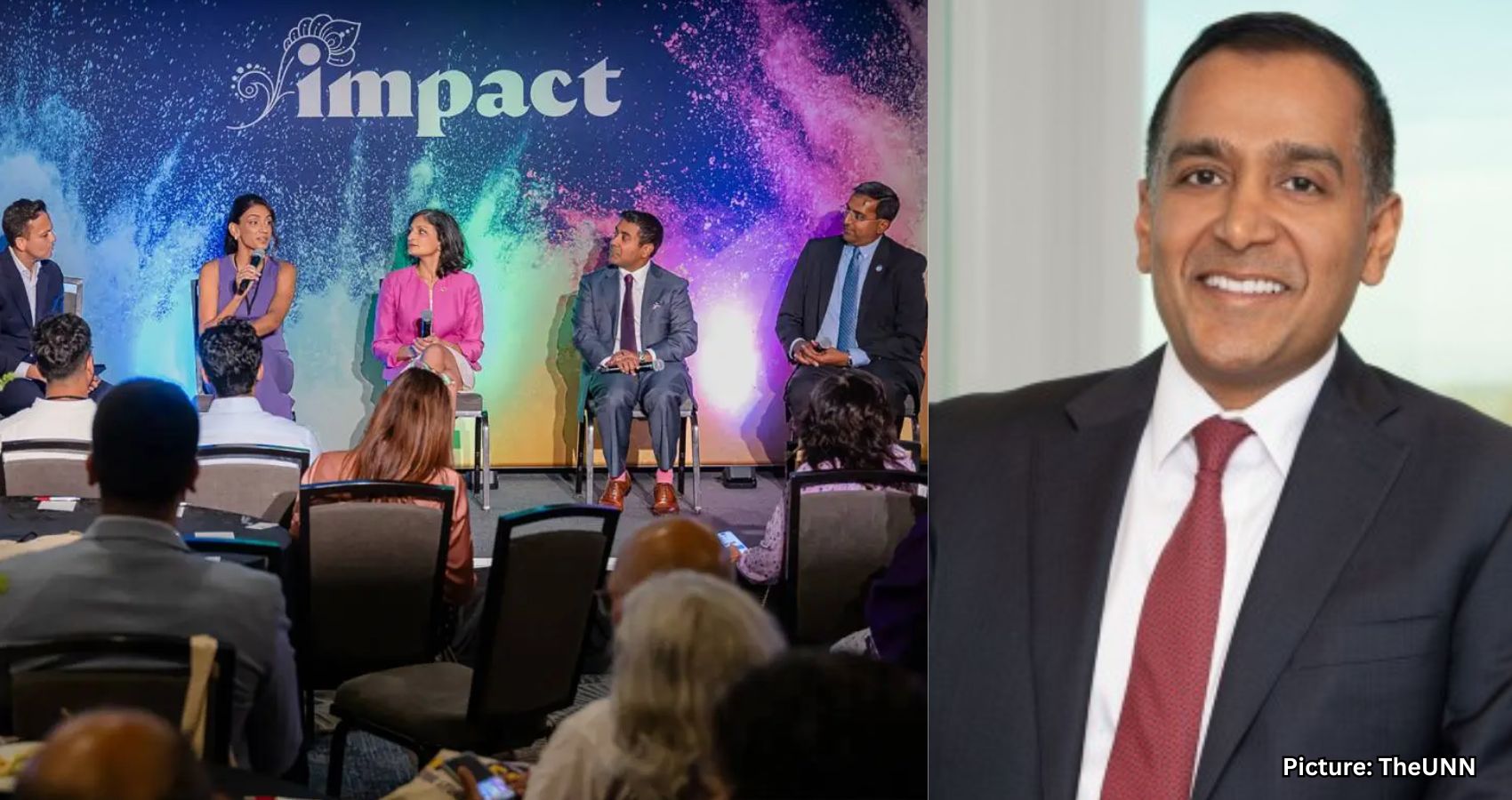Leading South Asian healthcare professionals convened to discuss strategies for rebuilding public trust in medicine amid rising health misinformation.
WASHINGTON, DC – On September 16, the South Asian Impact Foundation hosted a panel featuring prominent South Asian voices in medicine and public health. The event aimed to tackle a significant challenge of our time: the urgent need to rebuild public trust in healthcare.
The panel, titled “Beyond the Exam Room: South Asian Health Leaders Shaping Public Trust,” brought together a diverse group of physicians and public officials whose influence spans from social media platforms to state legislatures.
Moderated by Dr. Vin Gupta, a medical analyst for NBC and MSNBC, the discussion took place at the Marriott Hotel and highlighted how South Asian professionals are utilizing their expertise to combat misinformation, foster relatability, and protect the health of various communities.
Among the panelists were Dr. Meena Seshamani, Maryland Secretary of Health and former head of Medicare; Dr. Arif Kamal, Chief Patient Officer of the American Cancer Society; Representative Arvind Venkat, a physician and the first Indian American elected to the Pennsylvania State House; and Dr. Mona Amin, a pediatrician and founder of PedsDocTalk, whose health and parenting content reaches over two million people across platforms like Instagram, TikTok, YouTube, and podcasts.
South Asians represent one of the most significant demographics within America’s medical workforce. However, as the panel illustrated, their influence goes well beyond clinical care. In an age marked by rampant health misinformation, these professionals are leveraging every available avenue—policy, journalism, organized medicine, and social media—to translate scientific knowledge into accessible, human-centered messages.
“Relatability is the root of trust,” stated Dr. Arif Kamal, emphasizing that meaningful connections begin with shared experiences. Dr. Seshamani shared insights from her leadership during Medicare’s historic drug price negotiations, noting, “Even when we didn’t agree, stakeholders understood why we made the decisions we did. Respect and transparency are how we break down walls.”
Representative Arvind Venkat discussed how his advocacy during the COVID-19 pandemic as an emergency physician led him to a political career. “All politics is local,” he remarked, encouraging young South Asians to articulate their motivations and seek mentorship beyond the medical field. For him, this meant applying his expertise to legislative solutions, especially in areas where healthcare consolidation and regulation impact patients the most.
Dr. Mona Amin emphasized the significance of digital platforms in reaching millions of families globally. Her contributions to health education, parenting advice, and vaccine advocacy have established her as a trusted pediatric voice across continents. “You can’t do it all,” she reflected, highlighting the importance of recognizing one’s strengths. “But you can use your superpower to help the world.”
A recurring theme emerged throughout the discussion: humility, storytelling, and persistence are vital for navigating spaces where doctors are not traditionally recognized, whether in politics, policymaking, or digital advocacy. “Our stories are our strengths,” Dr. Seshamani urged, encouraging younger professionals to draw from both personal and professional experiences in shaping their public roles.
The panelists also acknowledged the challenges posed by online trolls, political divisions, and institutional inertia. However, they underscored that South Asian professionals are uniquely positioned to bridge these divides. Whether addressing cancer disparities, advocating for fair drug pricing, or providing parenting advice online, their relatability is crucial in fostering trust when it is most needed.
As moderator Dr. Gupta summarized, the contributions of South Asian health leaders illustrate that modern medicine encompasses more than just diagnoses and prescriptions. It involves fostering resilience, building informed communities, and expanding the definition of what it means to be a doctor, public servant, or health advocate.
Source: Original article

